After a long and successful career at Levi Strauss & Co. and two e-commerce platforms, the time felt right for Shyam Sukhramani to approach denim in his own way. Focused on less being more and the what, why and how of consumption, KORRA emerged as the collective vision of four co-founders. With its considered approach to digital and sustainability, KORRA benefits from staying true to its founding principles:
Who:
Founder & CEO – Shyam Sukhramani
Co-Founder, Director of Creative Services & Communication – Mia Morikawa
Co–Founder, Design Director – Himanshu Shani
Co–Founder, Commercial Director – Rajesh Jaju
The beginning:
After 17 years at Levi’s, Shyam moved on from his role as Global Director of Merchandising to join e-commerce retailer Sher Singh in New Delhi; and left when it became a part of the Myntra portfolio eight months later. Stirred by the realization that time runs out, he decided to, “spend efforts actively chasing dreams by working with good people to build a brand that could be loved the world over.”
Individual journeys converged: Mia and Himanshu were strengthening their label 11.11 / eleven eleven by delving into the origins of craft and giving it a global identity, and Rajesh was looking to start afresh after having distributed for major brands like Levi’s, Elle, Ed Hardy and US Polo. Below is KORRA’s story in Shyam’s words:

Building a brand on a clean slate meant we had an opportunity to build it right the first time. The what, why and how in itself became the prevalent theme, that of making considered and conscious choices.
There is a proliferation of everything, everywhere and rarely does one pause to answer meaningfully, why should I buy? We want for KORRA to be clearly able to articulate the answer – to make people aware of the question in the first place. This simple truth guided us in translating our beliefs into an idea that we feel is the future of consumption – less is more.

Building a platform:
The big decision lay in the choice of platform. Everyone recommended Magento given the ease of finding talent locally to develop our storefront. We chose Shopify, however, because it appeared clean, intuitive and really simple to work on. The beauty about Shopify is that there are plenty of themes customizable for an individual aesthetic.
‘Consider everything’, ‘stay local’, ‘work within the constraints’ and ‘less is more’ are guiding principles as we build our business. Choosing raw materials for their sustainability so as to reduce the burden on nature. Focusing on made-to-order as it reduces the need to keep inventory in the hope of a potential sale.Designing packaging that maximizes fabric consumption by utilizing leftover waste. Developing three fits, keeping the offering to the most essential. Opting not to advertise and relying instead on our own social connectivity to share the story with family and friends.

The signature pocket selvedge is an example of a purposeful detail intrinsic to our design philosophy – that of less waste. Since we use selvedge fabrics, we like to utilize as much from the “lay” (when a fabric is spread on a cutting table and marked waiting to be cut) as possible.
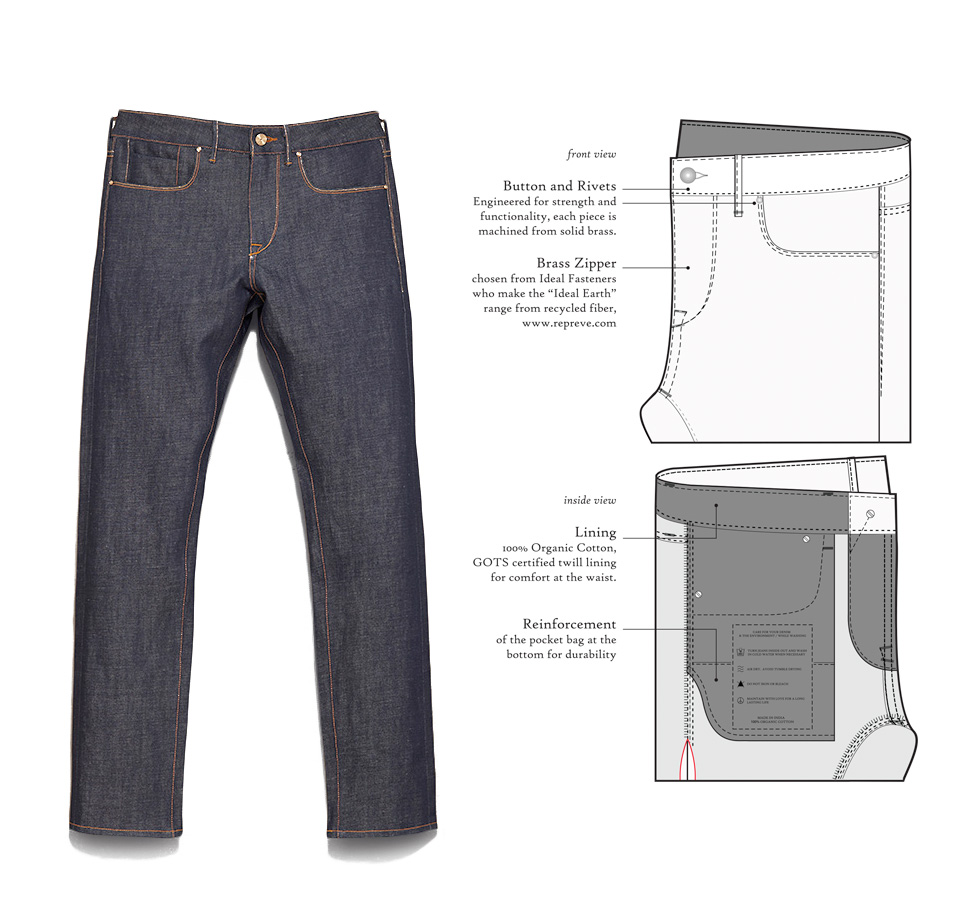
The leftover selvedge when two front panels are marked is utilized in the back pocket reinforcement for men and the coin pocket for women, ensuring that 100% of the selvedge goes into the garment.
Recognizing karigars:
People here work with a lot of pride. Working at KORRA, the karigar is directly involved with the customer. It’s a positive feeling. The flip side is the limits on production. Tailors take responsibility beyond their part. Some tailors take care of operations, cutting, some have become skilled in pattern making and others participate in the retail space. There is constant growth. It is not only a skill development opportunity but also an opportunity for them to learn to work independently. We want them to become their own entrepreneur and set up shop on their own.
Plans for growth:
We just raised funding from an angel investor and are looking for more to expand operations. Finding the right match for the long term is difficult because it requires a backing of our strong guiding principles.

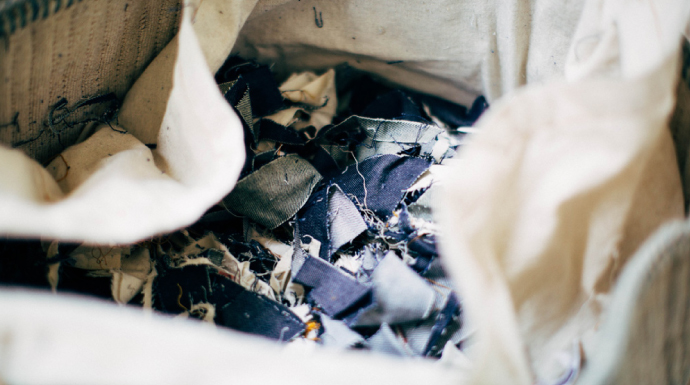

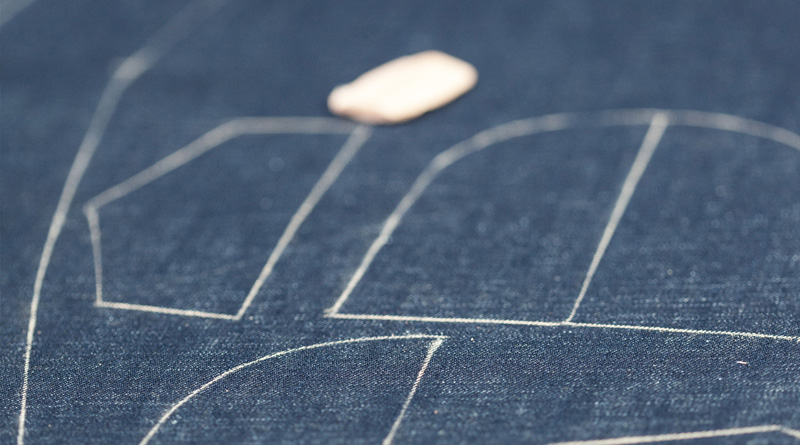


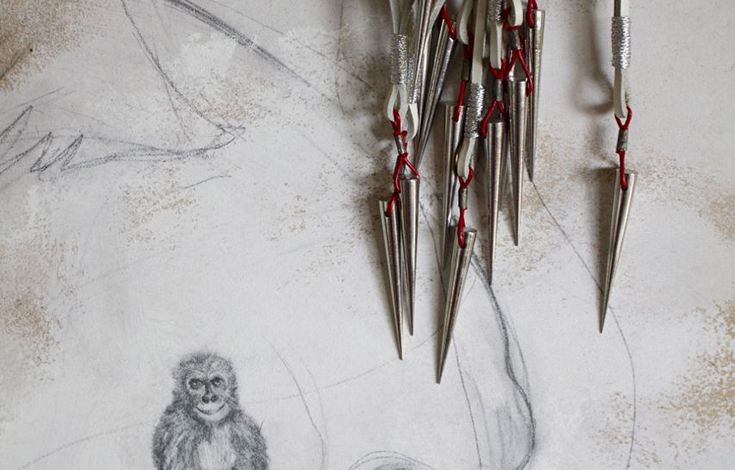
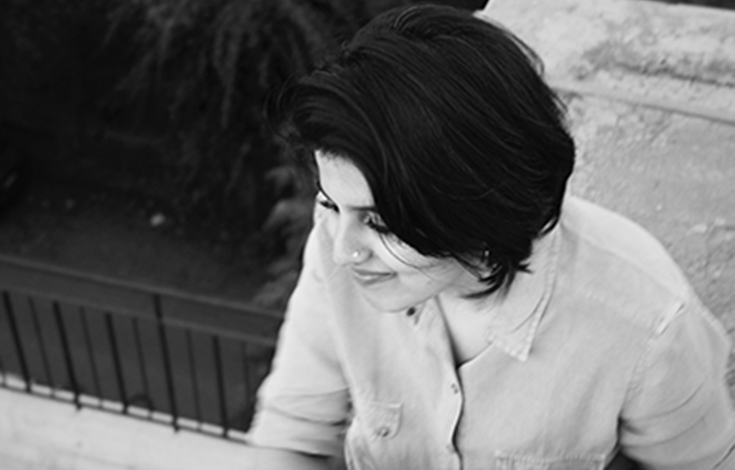

beautiful / thank you,
Hi Shyam,
Great Man.Good concept ,sure i’am going to order yr jeans rightaway boss.
Hope yu remember me ,(Ramiah Blr).
All thee Best
God Bless